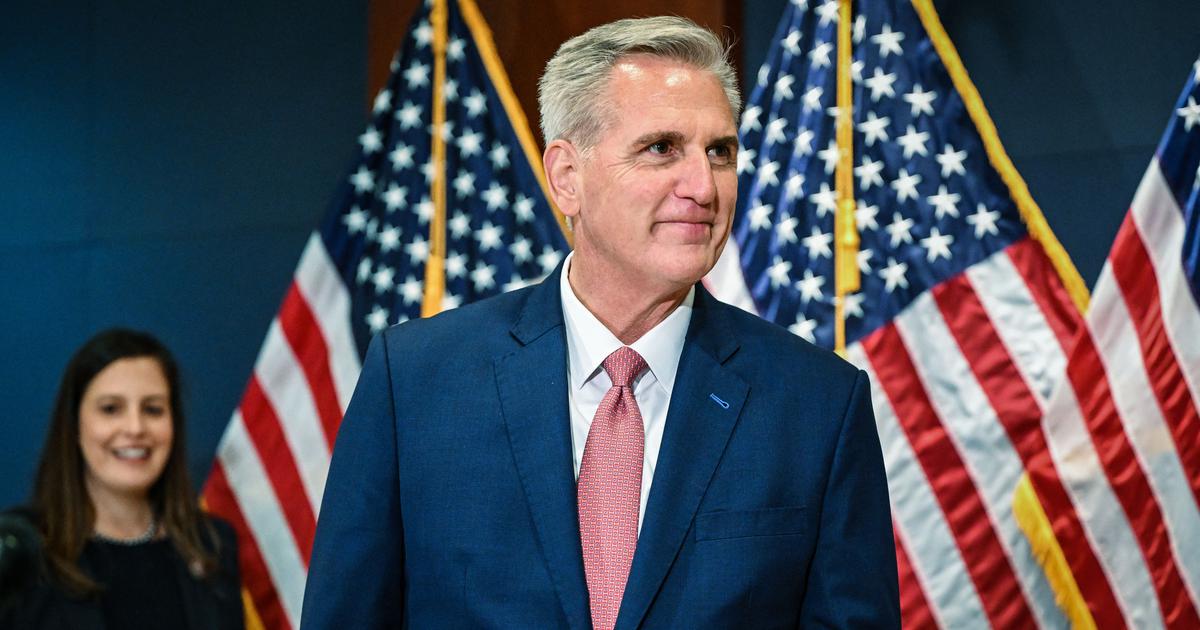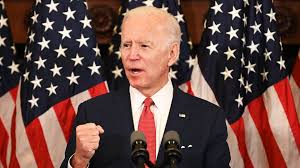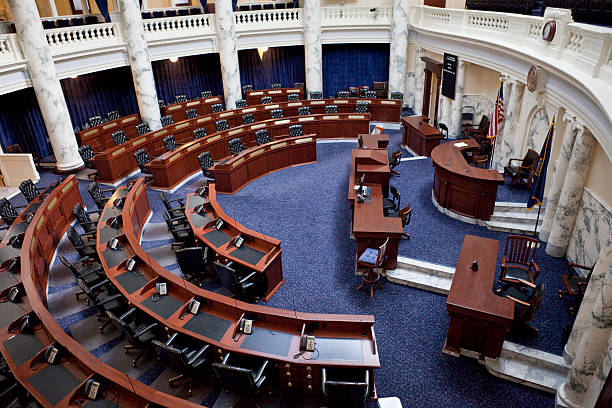In a crucial vote, Republicans with strong conservative views in the U.S. House of Representatives declined a bill on Friday that suggested a short-term funding resolution for the government. This decision considerably raises the chances of a partial government shutdown. The bill, aimed at prolonging funding for 30 days, encompassed provisions like reductions in spending and limitations on immigration, which are important to Republicans but are being met with opposition in the Democratic-controlled Senate.
The House vote, in which 232 voted against and 198 in favour, has put Republicans, who currently have a majority of 221-212 in the chamber, in a challenging position without a well-defined plan to prevent a shutdown. If funding is not extended beyond 12:01 a.m. ET on Sunday, it could potentially result in the closure of national parks, disruption of pay for nearly 4 million federal workers, and a temporary stop to various government operations, ranging from financial oversight to scientific research.
After the vote, House Speaker Kevin McCarthy suggested the potential of approving a funding extension without the controversial conservative policies that had caused Democrats to feel excluded. Nevertheless, he chose not to provide details about the next actions, and it is anticipated that the chamber will conduct additional votes on Saturday.

The situation in the Senate is currently uncertain. Although the chamber had planned to discuss a bipartisan bill for government funding until Nov. 17 on Saturday afternoon, there may be procedural hurdles that could potentially postpone the final vote until Tuesday.
U.S. Treasury Secretary Janet Yellen voiced her concerns on Friday, emphasizing the potential negative impact a government shutdown could have on the economy. She underscored the possibility of program disruptions for small businesses and children, as well as potential delays in crucial infrastructure improvements.
This potential government shutdown would be the fourth in a decade and comes just four months after a similar standoff brought the federal government's $31 trillion in debt to the brink of default. The repeated brinksmanship has alarmed Wall Street, with ratings agency Moody's warning of possible repercussions. Democratic President Joe Biden stressed the seriousness of the situation, especially for the armed forces, saying: "We cannot play politics when our troops are at the breach. This is an absolute dereliction of duty."

House Speaker McCarthy had originally had the expectation that the inclusion of border provisions in the Republican spending bill would influence those who have been reluctant to support efforts to prevent a government shutdown. Nevertheless, to everyone's surprise, 21 staunch House Republicans aligned themselves with Democrats in order to defeat the measure.
Some individuals who oppose the current approach suggest that Congress should prioritize the development of comprehensive spending bills that span the entire fiscal year, rather than relying on temporary extensions. However, it is important to note that this strategy may carry the risk of a potential shutdown. Despite the fact that the House has managed to pass four full-year bills, the likelihood of these bills gaining approval in the Senate is quite low.
Representative Matt Gaetz kindly stressed the significance of addressing single-subject bills, expressing that the most effective approach is to actively engage in tackling these bills and advancing their progress.
Other Republicans are contemplating the possibility of collaborating with Democrats in order to draft a stopgap bill that has the potential to receive approval in the Senate as well as from President Biden. Representative Don Bacon pointed out that there are individuals who may not be fully recognizing the evident solution.
As discussions progressed, McCarthy considered this approach but remained firm in his stance of not accepting additional aid to Ukraine, a request presented by President Biden and included in the Senate's stopgap bill.

The political landscape has become more intricate due to former President Donald Trump's disapproval of Senate Republicans collaborating with Democrats. Representatives such as Gaetz, along with a minority of steadfast individuals, have even expressed concerns about McCarthy's leadership position if he continues to rely on Democratic votes.
In light of the political unrest, an agreement was reached in June between McCarthy and President Biden suggesting agency spending of $1.59 trillion for fiscal year 2024. However, there are differing opinions among individuals such as Gaetz, who advocate for a $120 billion reduction. It is worth mentioning that there are no plans to reduce well-liked benefit programs such as Social Security and Medicare, which make up a significant portion of the government's $6.4 trillion budget.
Ⓒ Copyright 2023. All Rights Reserved Powered by Vygr Media.
























